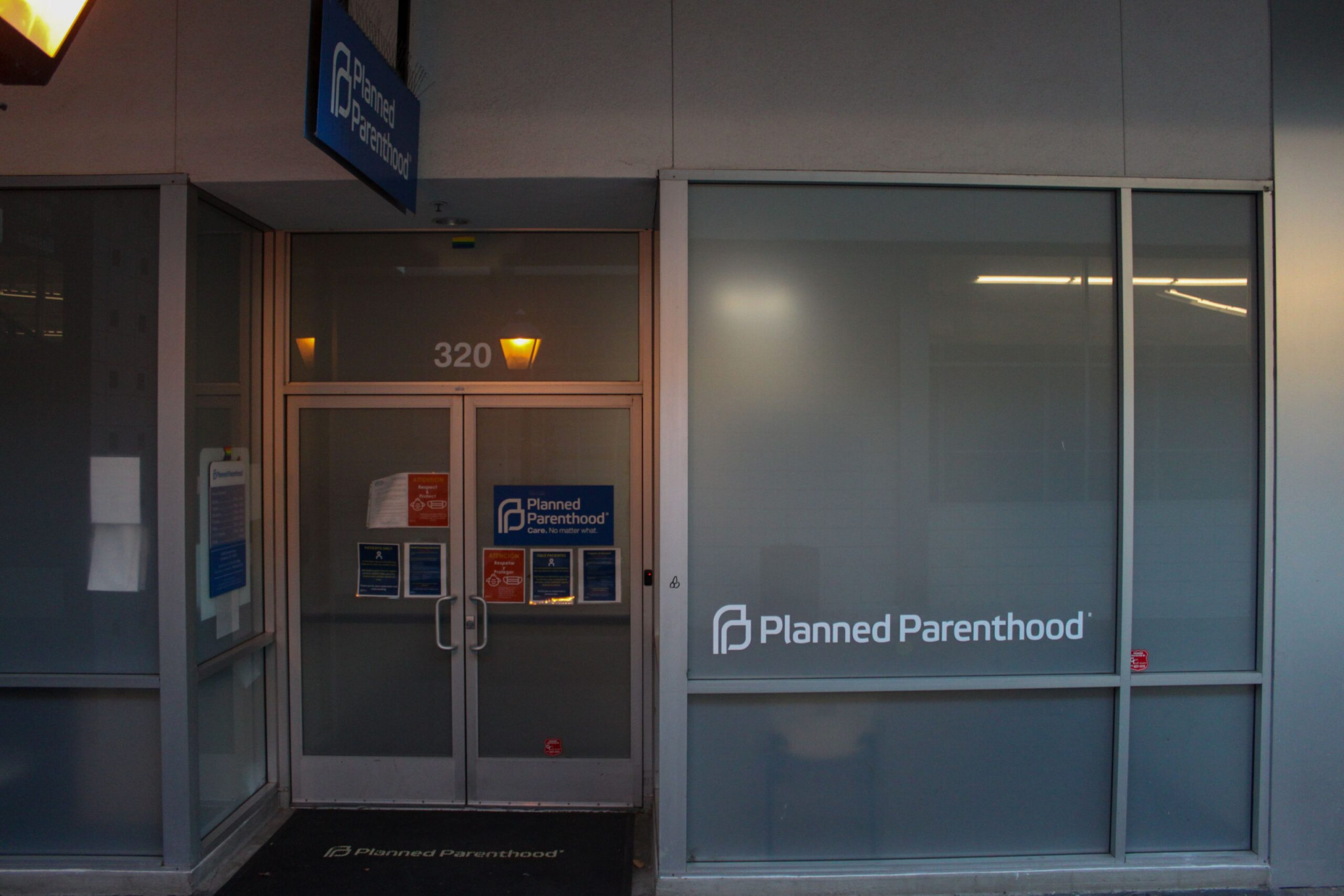In recent weeks, the country has watched abortion related legalities debated in the Supreme Court once again. To summarize, the state of Texas passed a law called Senate Bill 8 that banned abortions after the first six weeks of pregnancy. Many people were frantic. According a New York Times article, abortion centers in Texas were completing procedures for desperate people until a couple of minutes before midnight on September 1, when the law was activated.
Ava Nemeth and Neva Zamil, seniors and leaders of the Women’s Student Union at Berkeley High School (BHS), both said that the government should not get such a powerful voice in health care, which should be a private matter. “The government does not get to tell you what you can and cannot do with your body,” said Zamil.
Nemeth expressed concerns about suicide rates and decline in women’s health in direct relation to the new law, saying, “You cannot call yourself pro-life if you see the direct rates of harm to these women.”
Dr. Daniel Grossman is an obstetrician-gynecologist at the San Francisco General Hospital and a professor in the department of obstetrics, gynecology, and reproductive studies at the University of California, San Francisco (UCSF). He talked about a study that compared people who were forced to continue their pregnancy and people who were able to get an abortion. “Negative health outcomes were higher in the people who were forced to continue the pregnancy to term,” he said.
Forcing people to carry a pregnancy to term is also impractical, both financially and medically. It would be especially hard for those who are not financially stable or do not have a good support system. Grossman explained that 75 percent of people who seek abortions are living at 200 percent or more below poverty, and most of these people include historically marginalized groups.
According to Grossman, when Texas has passed restrictive abortion laws in the past, some people were able to go out of state to reach an abortion clinic. However, many low-income people cannot afford to go out of state for a variety of reasons. “They may be a single parent and they have a job they don’t get sick time for, and they just can’t leave,” Grossman said. “There are definitely health impacts, and there are socio-economic impacts for people who can’t get an abortion.”
Furthermore, this potential ban could be even more damaging to pregnant minors. “Texas has a law saying that a minor has to have parental consent to obtain an abortion, and there are some people who can’t do that,” Grossman explained. “There’s a process where a minor can get a judicial bypass.”
If a minor cannot get their guardian’s permission, they can try to appeal to a judge to sign the document for them. However, this process is long and complicated, which leaves little hope for it all to be completed in the first few weeks of pregnancy.
When asked what students could do to stay informed about this issue, Grossman said, “Women are often persecuted for seeking abortion. … The research shows that people don’t regret their decision after having an abortion, but they may feel stigmatized or judged by other people, so they often don’t share their stories.”
25 percent of women in the United States will have an abortion; it is more common than most people think. With this information, Zamil wanted people, especially women, to remember one thing: “This is not your burden to bear.” The clear message here was that choice is freedom, and choice is individual.





